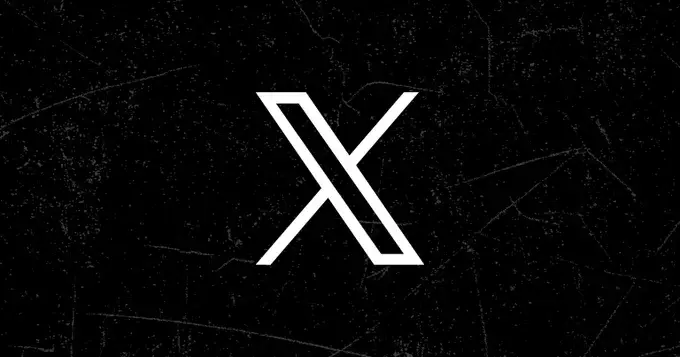The recent decision by the European Commission to classify X, the platform formerly known as Twitter, as not meeting the criteria for a “gatekeeper” under the Digital Markets Act (DMA) has stirred up a considerable amount of dialogue among both proponents and critics of the platform. At a glance, Elon Musk and his team may interpret this ruling as a strategic victory, liberating them from the weighty regulatory demands that come with being classified as a major player in the digital landscape. However, a deeper examination reveals a more nuanced reality, posing questions about X’s actual standing in the European market and its future trajectory.
Under the DMA, platforms labeled as gatekeepers must adhere to rigorous operational requirements aimed at promoting competition and offering transparency in their business practices. These regulations seek to prevent industry giants from monopolizing services and data, ensuring that smaller rivals can thrive without intimidation. For instance, gatekeepers like Meta must offer interoperability, allowing users of other messaging systems to communicate with WhatsApp and granting businesses access to their own data generated through these platforms.
The EU’s conclusion that X does not qualify for this designation implies that, in its estimation, X simply lacks the market power and significance to necessitate such oversight. This raises critical questions about the platform’s influence, reach, and, ultimately, its viability amid fierce competition from rivals like Meta and TikTok, both of which command substantially larger user bases in Europe.
Market Realities: A Decline in Influence
Recent figures reveal that X has dwindled to approximately 105 million monthly active users in Europe, a decline of around 12 million since August 2023. In comparison, platforms like Meta enjoy roughly 250 million and TikTok around 142 million active users in the region. This sharp contrast in user engagement reflects not just a quantitative deficit but potentially indicates a qualitative loss of relevance in the broader ecosystem of social media platforms.
The steep decline in users leads to skepticism about X’s future. The platform’s growing challenges in ad revenue generation further exacerbate its position. Without a robust advertising model, which is vital for a platform’s financial health and innovation, X may be at risk of losing ground against its competitors, which capitalize on their larger audience bases and the accompanying advertising potential.
While it is understandable that Elon Musk and supporters may celebrate the absence of stringent EU regulations as a victory for free speech and innovation, one must consider the broader implications. In effect, X’s non-classification as a gatekeeper could signify a failure to achieve necessary growth and market relevance instead of a genuine success. Does the absence of regulations translate effectively to freedom when the struggling platform is failing to captivate users or maintain its competitive edge?
This reveals a paradox: while Musk positions himself as a champion against bureaucratic red tape, the byproduct of this seemingly liberating ruling could be X’s increasing insignificance in the social media landscape. Such a juxtaposition ignites a conversation around the actual value of autonomy versus the potential pitfalls of neglecting accountability amidst a decline in influence. Resisting regulation may lead to an environment that liberates a platform but simultaneously sidelines it, leaving it disconnected from the needs of its user base.
Ultimately, the ruling by the European Commission serves as a clarion call for stakeholders within X to reevaluate their strategic direction. Conversations revolving around the nature of free speech, innovation, and regulatory frameworks must converge with an understanding of market realities and user expectations. The decline in user engagement cannot merely be overlooked in the name of resisting regulation; rather, it should ignite a rigorous introspection about how to revitalize the platform’s relevance.
The decision that X does not qualify as a gatekeeper, while potentially seen as advantageous, actually underscores a precarious position for the platform. For Musk and his team, navigating these waters demands more than a simple rejection of regulations; it requires an acknowledgment of the shifting sands beneath their feet and the need to cultivate a more compelling narrative and offering, lest X fades further into obscurity.


Leave a Reply